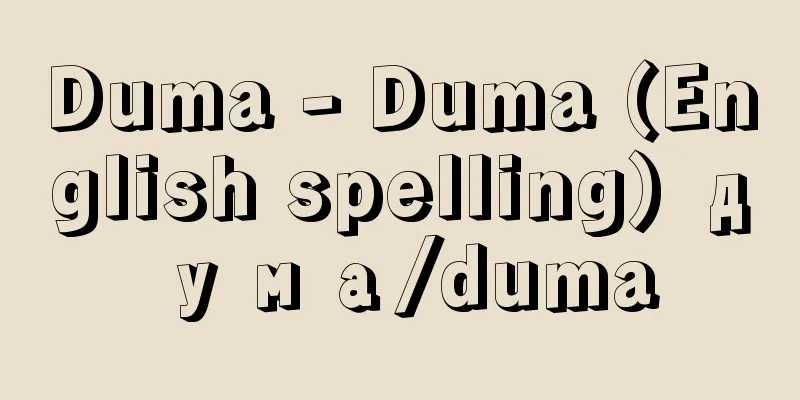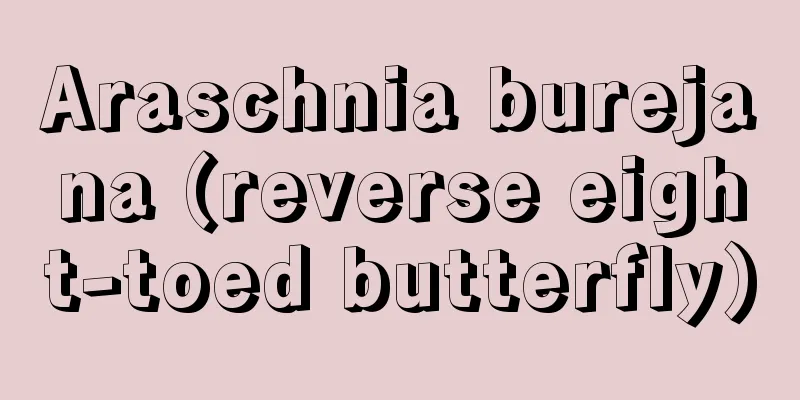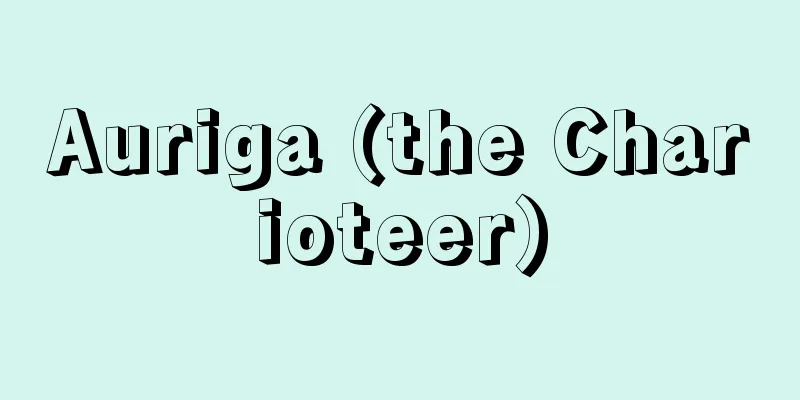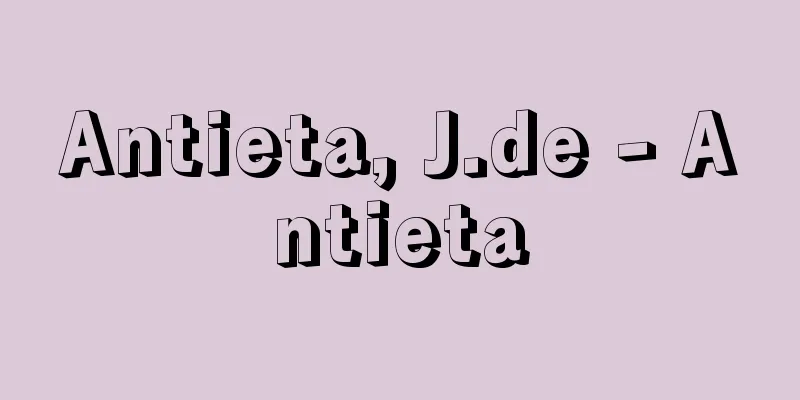Duma - Duma (English spelling) дума/duma

|
More precisely, the Gosudarstvennaya duma (Government Duma). The parliament of the Russian Empire from 1906 to 1917. Its establishment was promised in the October Manifesto during the 1905 Revolution. The imperial government intended to achieve an alliance with the bourgeoisie and move towards a bourgeois monarchy. The parliament's legislative power was limited, and bills could not be passed without the approval of the emperor. The right to convene and dissolve the parliament was also reserved to the emperor. Elections for members were indirect, with four categories divided into landowners (landlords), urbanites (bourgeoisie), peasants, and workers. Women, students, and military personnel were not eligible to vote. Below is a brief overview of the First through Fourth Duma. (1) The First Duma (April 27, 1906 - July 8, 1906) Despite the unequal elections in which one landlord's vote was equivalent to three votes for the urban bourgeoisie, 15 votes for the peasants, and 45 votes for the workers, the October Party, which was close to the government, had only 16 members, the rest were Kadets (Constitutional Democrats) with 179 members, National Autonomists with 63 members, Independents with 105 members, Trudoviki who represented the demands of the peasants with 97 members, and Social Democrats with 18 members. The main topic of discussion was the land issue, but this was far from being in line with the government's wishes, and the party was dissolved by the military. (2) The Second Duma (February 20, 1907 - June 2, 1907) With the addition of the Bolsheviks who had boycotted the First Duma elections, its composition became even more anti-government. As it refused to ratify the decree of November 9, 1906 to implement Stolypin's agrarian reforms, it was dissolved and a new electoral law was promulgated. (3) The Third Duma (November 1, 1907 - June 9, 1912): Under the new electoral law, the Octoberists became the largest party and completed the legally mandated session. (4) The Fourth Diet (November 15, 1912 - October 6, 1917): The progressive faction increased slightly. As the First World War dragged on, conflict between the government and the Diet became more pronounced, and on February 27, 1917, the Diet elected a Provisional Diet Committee to form a Provisional Government, which took over power in place of the collapsed Imperial Government. [Kimura Hideaki] "History of the Russian Imperial Diet" by Yoshitomo Nakamura (1966, Kazama Shobo) [References] |Source: Shogakukan Encyclopedia Nipponica About Encyclopedia Nipponica Information | Legend |
|
正確にはГосударственная дума/Gosudarstvennaya duma。1906~17年のロシア帝国の議会。1905年革命のさなか、「十月宣言」によって開設が約束された。帝制政府はこれによってブルジョアジーとの同盟を達成し、ブルジョア君主制へ移行しようとした。国会の立法権は制限されたもので、法律案は皇帝の承認なしには成立せず、またその招集・解散権も皇帝に留保されていた。議員の選挙は、土地所有者(地主)、都市(ブルジョアジー)、農民、労働者の四つに分けて行われる間接選挙制であり、婦人、学生、軍務従事者は選挙権をもたなかった。以下、第一国会から第四国会まで簡単に概観する。 (1)第一国会(1906.4.27~7.8) 地主の1票は都市ブルジョアジーの3票、農民の15票、労働者の45票に相当したといわれる不平等な選挙であったにもかかわらず、政府に近いオクチャブリスト(十月党)はわずか16人、ほかはカデット(立憲民主党)179、民族自治派63、無党派105、農民の要求を代表していたトルードビキ97、社会民主党18という構成であった。土地問題がおもな議題であったが、とうてい政府の意に添わず、軍隊によって解散させられた。 (2)第二国会(1907.2.20~6.2) 第一国会選挙をボイコットしたボリシェビキも加わって、その構成はいっそう反政府的となり、ストルイピン農業改革実施のための1906年11月9日勅令の追認にも応じなかったため、解散と新選挙法公布が行われた。 (3)第三国会(1907.11.1~1912.6.9)新選挙法によってオクチャブリストは第一党となり、法定の会期を全うした。 (4)第四国会(1912.11.15~1917.10.6)進歩派がわずかに増大。第一次世界大戦が長期化すると、政府と国会との対立が目だつようになり、1917年2月27日、国会は国会臨時委員会を選出し、臨時政府を形成して、崩壊した帝制政府にかわって政権を引き継いだ。 [木村英亮] 『中村義知著『ロシア帝国議会史』(1966・風間書房)』 [参照項目] |出典 小学館 日本大百科全書(ニッポニカ)日本大百科全書(ニッポニカ)について 情報 | 凡例 |
Recommend
"Ukiyo Dochuu Hizakurige"
...8 volumes, 17 books. The first and second volu...
Hirsch, S.
...His successors found ideological agreement wit...
Itonegg - Itonegg
The name Tinguian comes from the Malay word tingg...
Lace leaf - Lace leaf (English spelling)
A perennial aquatic plant of the Laceaceae family...
Senburi (Senburi, Mud Dragonfly) - Senburi (English spelling) alderfly
A general term for insects belonging to the family...
Zarlino, Gioseffo
Born: March 22, 1517, Chioggia Died: February 14, ...
Nearby satellites
A satellite is a small, circular orbital object t...
Chijiwa Miguel (English spelling)
He was one of the Tensho Embassies to Europe. His...
Omaezaki
A district in southern Shizuoka Prefecture facing ...
Egyptian Cross
…(2) A T-cross, which has a long lower line and a...
Alceides - It's because
…Eurydice, who became the wife of Orpheus, and Da...
Enkoji Temple
A temple in Sukumo City, Kochi Prefecture. It belo...
Demon brush - Onifude
…They are widely distributed in the Northern Hemi...
Shima Province - Island Country
Former name of a province in central-eastern Mie ...
Montreal Mirabel International Airport
…It is managed by the City of Denver. Montreal Mi...









